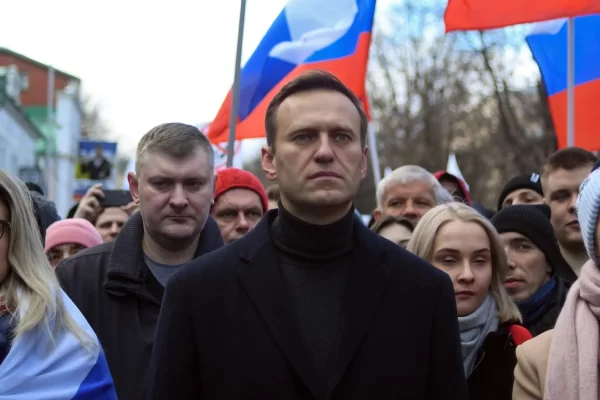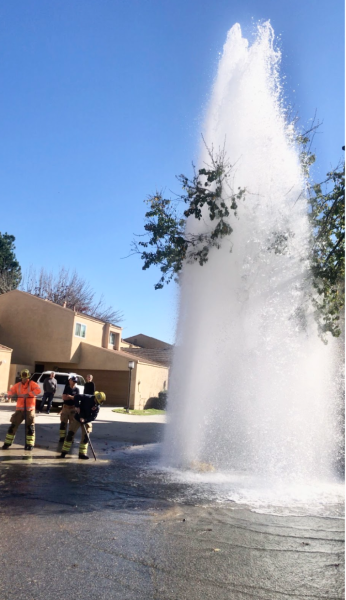An Update on Global Warming

Global Warming is still changing the world, one degree at a time.
May 14, 2015
Although you might not see it that much in the news nowadays, Global Warming still exists. Hey, remember normal weather, when winter was cold and spring was warm? It would be nice if global warming hadn’t made winter unreasonably warm, and spring uncomfortably cold. But no matter. What’s really interesting about global warming is what it’s done to Antarctica.
Apparently, the shifting temperature has changed Antarctica’s gravity field. Enough of the ice sheet covering west Antarctica melted to cause a measurable dip in the region’s gravity field. Now, it’s a very small dip in gravity; you aren’t going to see any stories about penguins flying into space. But coupled with the predictions that some West Antarctic glaciers will end up melting, it shows that global warming will have profound effects on the region. However, there have been reports of more sea ice around the Antarctic. Does this mean that global warming is starting to slow? Sadly, no. The increase in ice is the result of the ozone hole (also caused by people) fixing itself. So while we managed to fix one problem, given 10 years or so, we now have created another massive one.
Studies have also shown that banning phrases like “global warming” and “climate change” could potentially get people to take action, or at least Florida’s people. Although Florida’s Department of Environmental Protection (DEP) was banned from using it in any reports, the banning of the phrases may actually help the case of those trying to prepare for it. Polls have shown that people respond differently even to the terms “global warming” and “climate change” depending on their political affiliations. Even if you aren’t politically affiliated, the phrases have different effects. Senior Roshni Patel believes that “the phrase ‘climate change’ undermines the severity of the issue, whereas the phrase ‘global warming’ elucidates a negative connotation.” In 2014, a Gallup poll asked people how worried they were about climate change versus how worried they were about global warming. Overall, 60 percent of people said they were either worried “a great deal” or “a fair amount” about climate change, while 56 percent said they were worried the same amount about global warming. The difference may be small, but it shows that the public doesn’t interpret the terms identically. As Patel stated, the difference in phrases can keep “individuals [from] truly understanding the importance of acting upon this worldwide problem.”
There is one piece of very confusing news. Apparently, a lack of pollution can cause just as much damage as too much. Or something like that. According to a study, temperatures in Europe have risen over the past 28 years far faster than could be explained by the greenhouse effect alone. After looking at the aerosol concentrations in the atmosphere in six spots, the authors of the paper realized the temperature rise was assisted by more sunlight penetrating the newly pollution free skies. It seems that the stricter pollution standards, adopted in part to slow global warming, may have sped it up.
The idea that pollution may be reflecting some of the sun’s energy is not new. The term global dimming is decades old, and some believed that the reduction in pollution was the cause global warming. But now, with the link between greenhouse gas pollution and global warming firmly established, papers like this one highlight how complex the situation is, and how solutions like simply cutting air pollution may have a range of unintended and counterintuitive consequences.
So yeah, Global Warming’s got us in a vice.



















